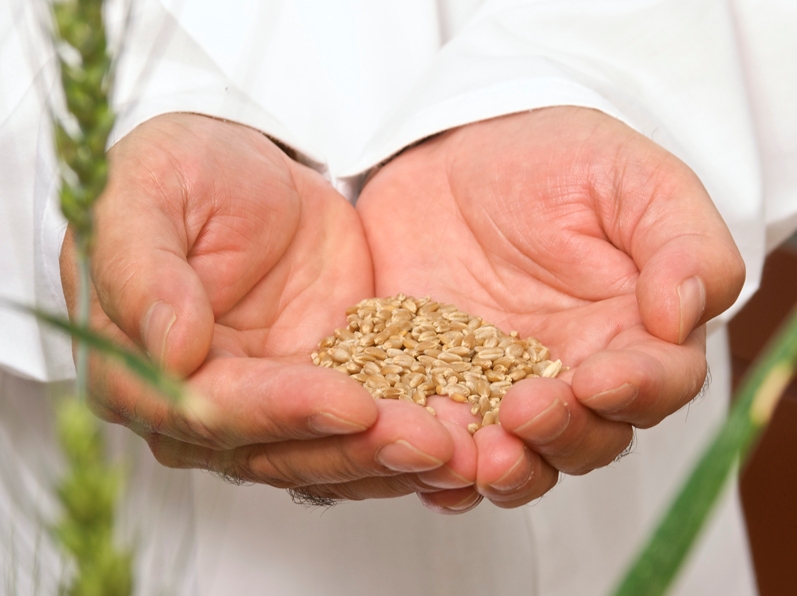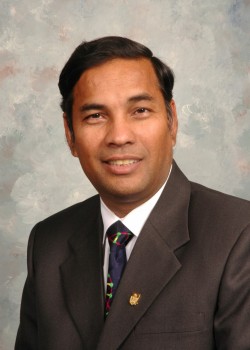
Keep what you sow
Digvir Jayas, Vice-President (Research and International) and Distinguished Professor in Biosystems Engineering, spoke at the Jan. 22 Visionary Conversations, Who Gets Fed First.
He argued that the focus of international food aid should not be to just give grains but to transfer technology so countries can build better systems; nations need to prioritize grain preservation and reduction of food waste.
As he wrote in a 2011 paper, Storing Grains for Future Food Security and Sustainability:
Globally over two billion tonnes of grains are produced annually. The grains are stored at different stages of the grain distribution chain, in defined units such as bags, silos, warehouses, containers and even in piles on the ground. An individual unit or a group of units can be managed as man-made ecosystems, where deterioration of the stored grain is a result of interactions among physical, chemical, and biological factors. Accurate estimates of post-harvest losses of grains are not available, but it can vary from 1–2% in the developed countries, where grain is stored in well managed facilities, to 20–50% in less developed countries, with poorly managed storage systems. Considerable knowledge has been generated to understand the critical parameters for developing efficient grain storage systems. Through proper monitoring and management of interactions, both biotic and abiotic in nature, stored-grains can be protected for over a long period. There is an urgent need to synthesize the status of knowledge to provide directions for future research and development, to minimize the post-harvest losses of grains in different regions of the world.
Research at the University of Manitoba is partially supported by funding from the Government of Canada Research Support Fund.







